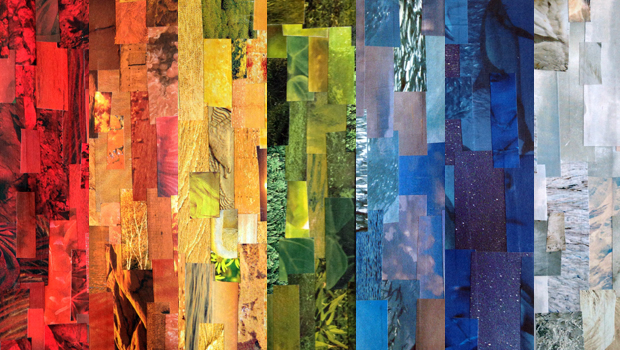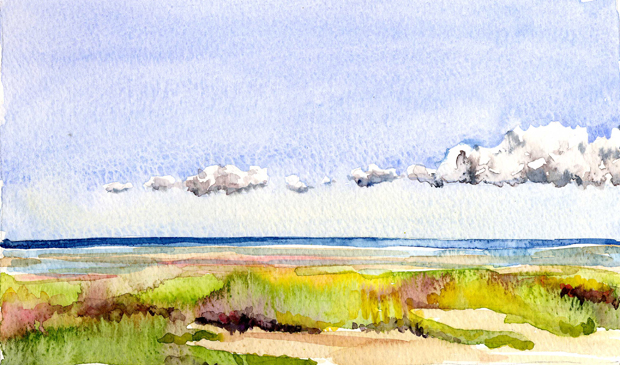Modern civilization faces many intractable and seemingly unsolvable problems. We can be beguiled by simplistic, flashy, one-off moves like building walls or issuing Executive Orders to keep so-called “undesirables” out. But humans have proven again and again that clear thinking, creativity, and cooperation can work wonders. How else could we have landed a man on the moon? Or invented the iPhone? Or stopped spewing ozone-depleting chemicals into the air?
I’ve been thinking a lot lately about the power of intention. I’m not talking about films like “The Secret” and “What the Bleep Do We Know,” although I confess to being fascinated by the idea that this whole thing we call life is a game that we are literally making up moment by moment as we play. Today’s stories will not require a mystical acceptance of alternative realities. (You can find explorations of those in other posts here, here, and here.) Continue reading










